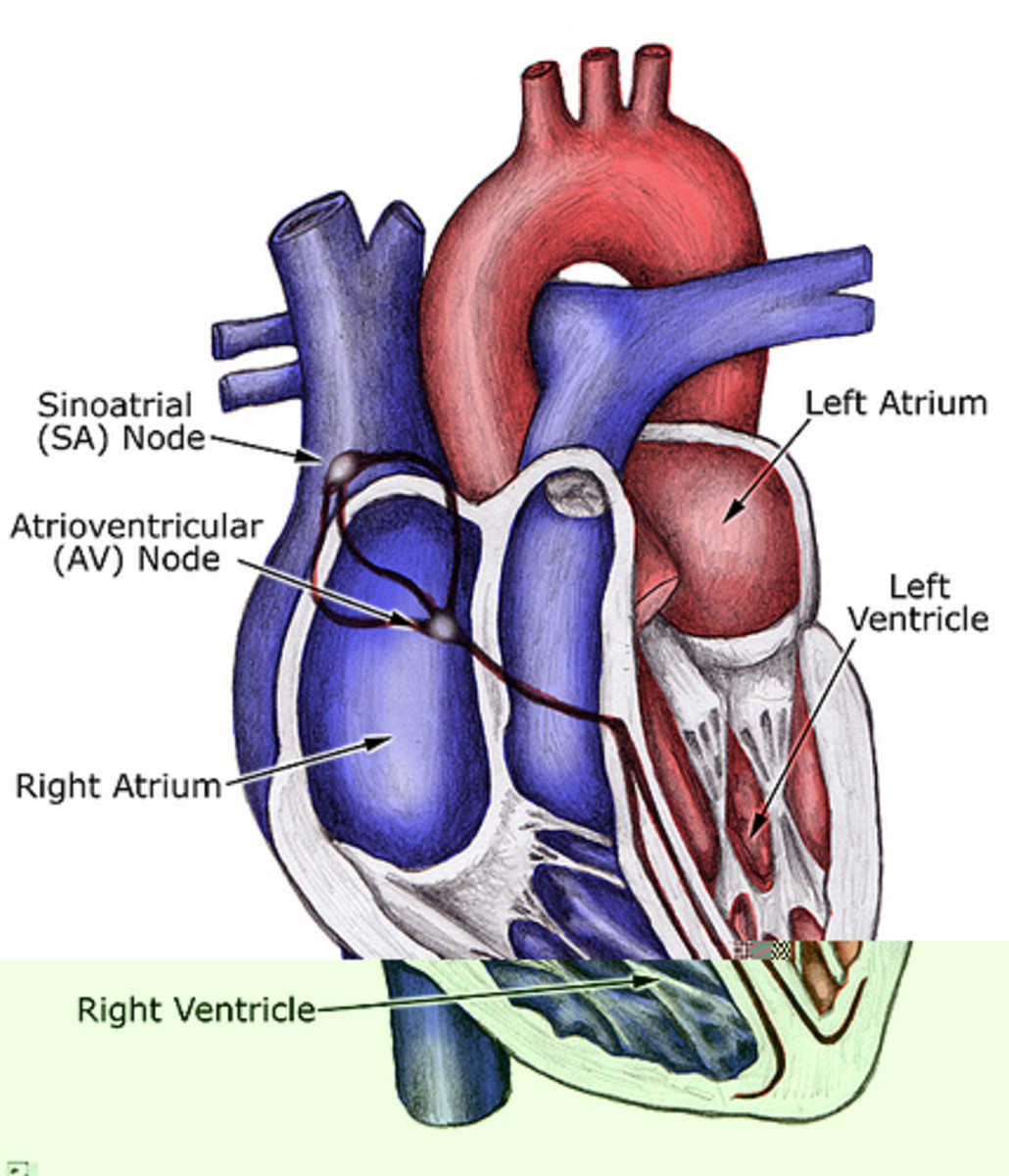How To Manage & Control Irritable Bowel Syndrome (IBS)

What is IBS?
An irritable bowel syndrome (IBS) is a disorder of the intestine which is much more common in women than men, and this disorder occurs in the beginning or middle of adulthood (roughly between the age of 20 to 30). There's is no immediate cure for irritable bowel syndrome, however, this condition can be treated very easily by altering the diet and lifestyle. The positive thing about IBS is that it is not a dangerous or life-threatening condition. Although it may seem uncomfortable for a person to suffer from an irritable bowel syndrome, the bowel has no abnormality, and the condition is not a serious threat for the person's health nor does it have complications to cause further agony.
The exact cause of irritable bowel syndrome is not clear and not understood fully, but experts reckon there is an abnormality in the manner that muscles contract in the large intestine of the digestive system. Basically, the muscles of the gut may have difficulty squeezing and passing food through the bowel for elimination. It is also believed that this condition may be triggered by stress and anxiety, and this can also weaken the immune system. Some people misinterpret the symptoms of IBS and think that the worst has happened, but these symptoms may not necessarily be the cause of IBS and could be the food that they eat incorrectly. However, the best advice would be to see a doctor to perform tests on your body.
Common known symptoms of IBS
- Diarrhea and constipation
- The rectum does not eliminate the stools completely, especially when trying too hard to eliminate the stools
- Pain in bowel movement
- Nausea and vomiting, but not regularly
- Anxiety, stress or depression could trigger IBS
- Abdominal pain caused by bloating and wind.
- Bladder symptoms cause by an irritable bladder
- Belching (burping) a lot
- A loss of appetite or sometimes feeling full when eating less
- Fatigue and tiredness, which leads to a feeling of loss of energy
- Muscle pains or backache
Controlling IBS
It is not difficult to control the symptoms of IBS. You can learn to control it by making alterations to your diet and lifestyle. Symptoms have a chance of disappearing if a diet that is abundant in fiber and low in fat is followed and adhered to. There are many ways to control and prevent IBS from occuring, but these approaches need to be tried out to determine which one is effective for the individual person. Here are a couple of steps to try out to control IBS:
- Make an effort in eliminating any food or drink that seems to trigger an attack of irritable bowel syndrome. The best way to do this is to keep a food diary and note the foods and drinks to cross out in your diet so you know what to avoid. If you cannot resist a particular food or drink you love, then at least reduce its intake.
- Smoking can be a definite cause in triggering IBS because of the toxic chemicals which enters the body. Stop smoking.
- Try to consume less tea, milk, coffee, cola and any alcoholic drinks.
- Avoid spicy, fried or fatty foods, or try reducing your intake.
- If you suffer from constipation, then try gradually increasing your fiber intake.
- If the problem is bloating and diarrhea, then reduce your fiber intake.
- Try to reduce stress and anxiety by taking up relaxation exercises, or enroll on relaxation classes.
- Physical exercises for the body is also great and helps to reduce attacks of wind. Exercise also reduces tension and stress and keeps the mind positive.
- Eat more fresh fruit, vegetables, prunes, wholemeal cereals to increase your fiber in the body. For some people, these foods may cause bloating, so it's best to keep to the limits if that happens to you.
- Drink plenty of fresh water or herbal drinks which helps soften the stools as well as keeping the whole body hydrated.
Most important part is changing your diet and lifestyle to notice changes to your body. If in doubt visit your doctor for examination or possible x-rays. Doctors also prescribe medicines which relax the muscles and may be beneficial as well as changing diets and lifestyles at the same time.









